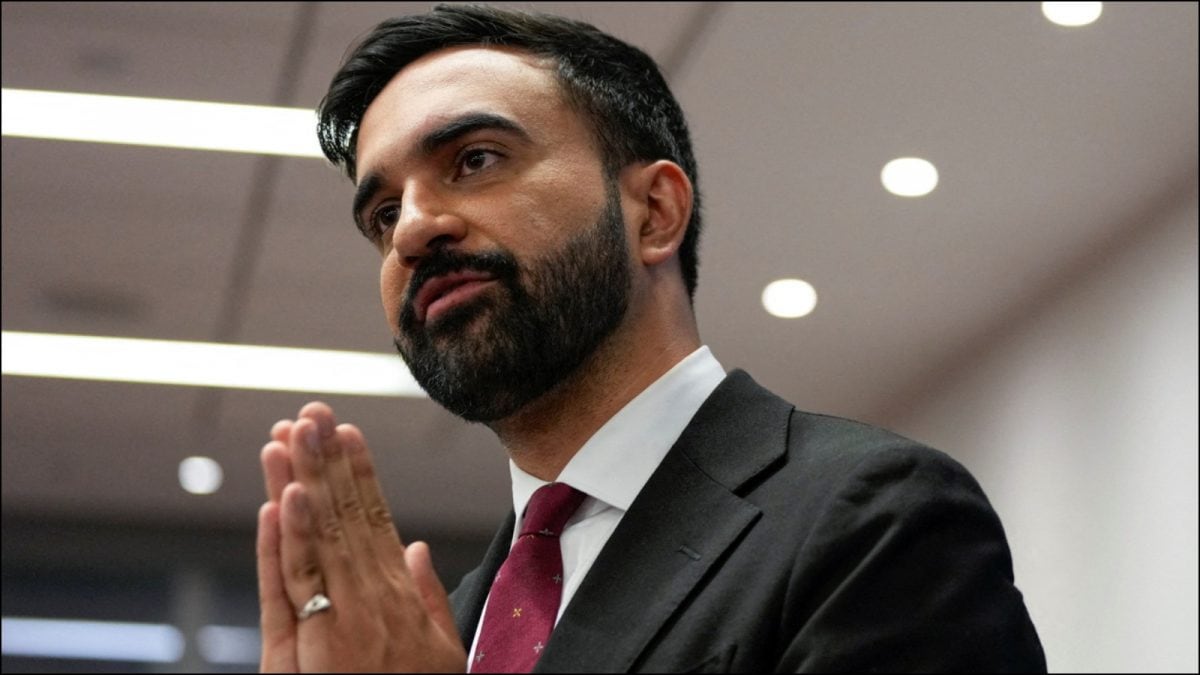The man who wrote the history of tax reform in Australia has called out the “confected outrage” surrounding Labor’s plan to trim concessions for wealthy Australians with super balances over $3m.
Paul Tilley, the author of Changing Fortunes and a former senior Treasury official, said it was “well understood” that there were equity issues within the super system that needed to be addressed.
“The problem is high-income earners would have to pay more tax, and they don’t like it. This confected outrage is just because when you have a big tax concession and you pull it back, of course those who are benefiting from it are going to scream,” he said.
Since Labor’s thumping election victory, there has been a campaign in major newspapers attacking the proposal, which will place an additional 15% tax on earnings on amounts over the $3m threshold.
Sign up for Guardian Australia’s breaking news email
The bill, which will need the support of the Greens in the Senate, will affect the largest 0.5% of super balances, or about an estimated 80,000 people, and still leave highly favourable tax treatment for those affected.
A Grattan Institute study concluded that “tax-free retirement earnings turn super into a taxpayer-funded inheritance scheme”.
Super tax breaks graphDespite its modest scope, the proposal has been met with claims that, among other things, it will crush entrepreneurship and make Australia “uninvestable”; force farmers to sell their farms; and undermine the clean energy transition.
The lead authors of the two most recent major inquiries into the superannuation system this week warned the “hysterical” criticism of the plan risked undermining the case to make necessary changes aimed at making the super system more equitable and sustainable.
One of the main points of contention is that the policy would apply the additional tax based on the notional change in the value of super balances during the financial year – an unusual arrangement in the tax system, that levies cash rather than “unrealised” profits.
There have been warnings that those with farmland or business property in their super, typically in the subset self-managed funds, would be forced to sell to raise the money to pay the annual tax.
But Tilley dismissed concerns around taxing unrealised gains in super, saying it was “not a problem”, and that from a tax economist’s point of view, was in fact the correct way to go about it.
“I don’t think they [taxes on unrealised gains] are bad at all. The conceptually correct way to tax capital gains is on an accrual basis. We don’t do it because the measurement and cashflow issues are a practical constraint. But in this case those measurement issues don’t exist,” he said.
“The cashflow can be managed in the Apra-regulated funds. It’s more of an issue in the SMSFs (self-managed super funds), but I don’t think they are insurmountable.”
Tilley described Labor’s measure as “just a very crude way to try to tackle the problem” of overly generous super tax breaks at the top end.
“What you would like to do if it were administratively possible – and that’s a big if – is tax the earnings at an individual’s marginal tax rate minus 15-20%,” he said.
skip past newsletter promotionafter newsletter promotion
Another concern among experts is that the policy in its current form would not be automatically adjusted each year for inflation or wages growth, which means it would progressively catch more Australians within its net.
While Tilley described this as a “side issue”, many experts believe the bill should be amended to reflect this automatic adjustment.
David Knox, a former senior partner at Mercer and one of the country’s most distinguished actuaries, said he endorsed Labor’s proposal in the name of fairness, but said he would prefer the $3m to be indexed.
“Those with lots of super benefits get a very good deal from the tax system and we want the system to be fair, and I think, therefore, it’s appropriate that some form of extra taxation is applied to those with what I would call excessive benefits,” Knox said.
“On the unrealised gains I understand the issue, but I think one has to recognise we have to have a system or an operation that is relatively do-able and that can be applied,” he said.
“I think it is worth it just to get the worst of the excesses out of the system. Over time we have capped how much people can get into super, so this is a little bit of a legacy issue.”
Knox said that when it came to major overhauls of the system, international best practice was to not tax contributions and earnings in the accumulation phase, but then to tax income in retirement at the marginal rate.
“The better reform is to tax super benefits when received in retirement,” he said.
“Another option or way forward would be for the government to say you are not allowed to have more than $3m or $5m in super, and if you do, you have to take it out.”

 1 month ago
1 month ago
















